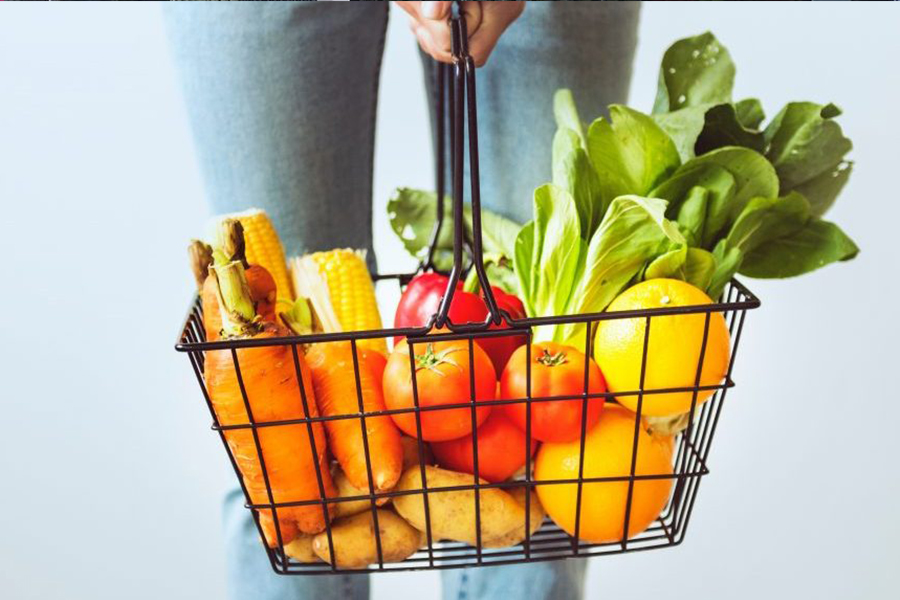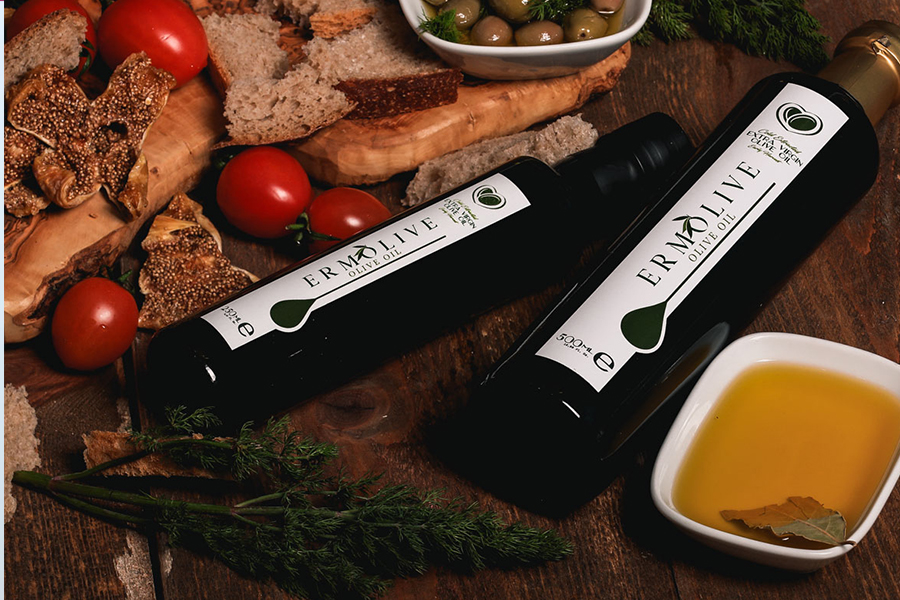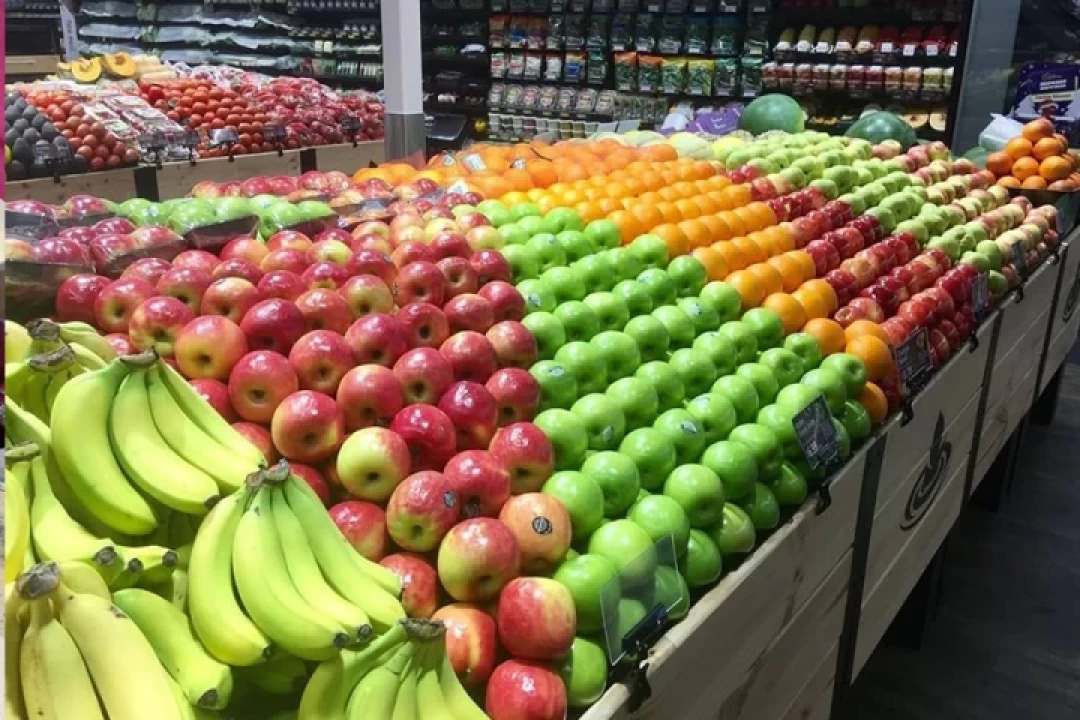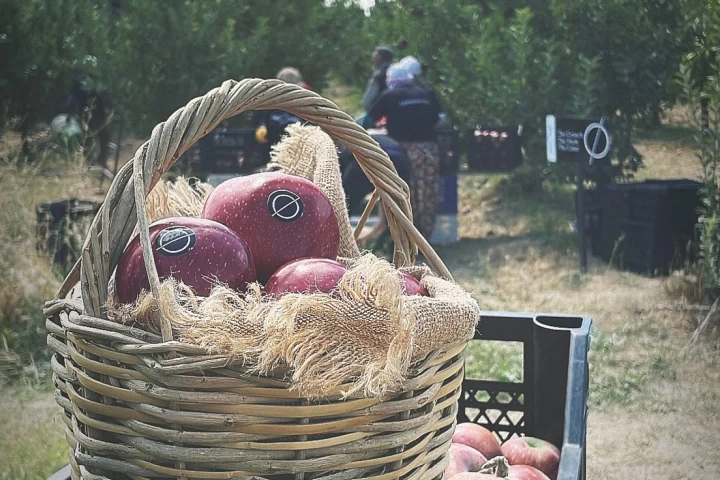
Crops grown in heated greenhouses, such as tomatoes, peppers, and cucumbers, during the winter in Europe, as well as crops placed in cold storage such as apples and onions, will be affected by rising electricity and gas prices.
Chicory bulbs should be stored at subfreezing temperatures and replanted in temperature-controlled containers. With this feature, chicory is an energy-hungry plant.
Emmanuel Lefebvre, who produces thousands of tons of chicory on her farm in northern France, said they might not plant the crop this year due to the energy costs they experience.
Lefebvre, who said he was curious if they would harvest what was in their fields this winter, said that European farmers warned about the famine and the expected production decline and price increase; He added that supermarkets will supply more goods from hot countries such as Morocco, Turkey, Tunisia, and Egypt.
Rising gas prices are the main cost for farmers growing crops in greenhouses, which are added to increased costs of fertilizers, packaging, and transportation.
According to Johannes Gross, deputy sales manager of the German cooperative Reichenau-Gems; The overall percentage they face is 30% of the cost of production. Stating that some of his colleagues left their greenhouses empty to keep costs low, Gross adds that no one knows what will happen next year.
40% of the members of the greenhouse industry group Glastuinbouw Nederland, which has 3,000 members, are in financial trouble. Even in sunny countries like Spain and Portugal, fruit and vegetable producers face fertilizer production costs of 25%.
Speaking in the face of these developments, Jack Ward, president of the British Growers Association, said that fruit and vegetable production will inevitably shift to places with warmer climates.


